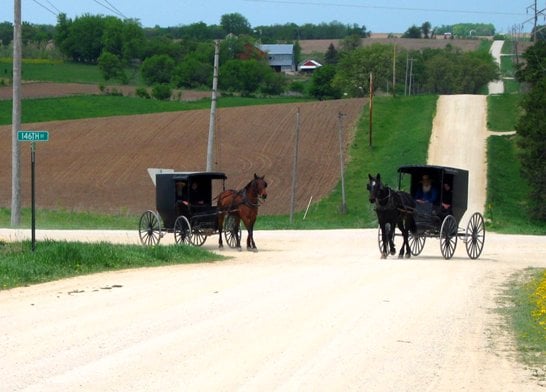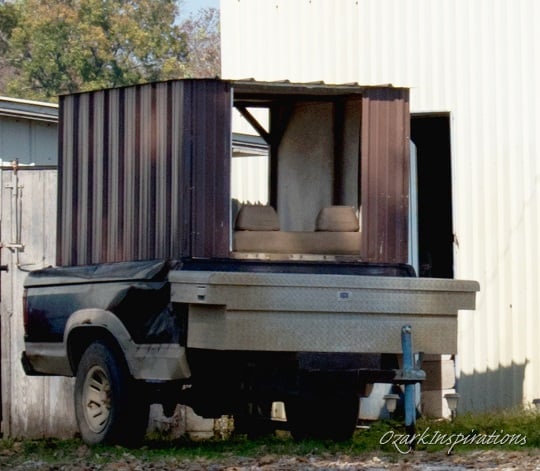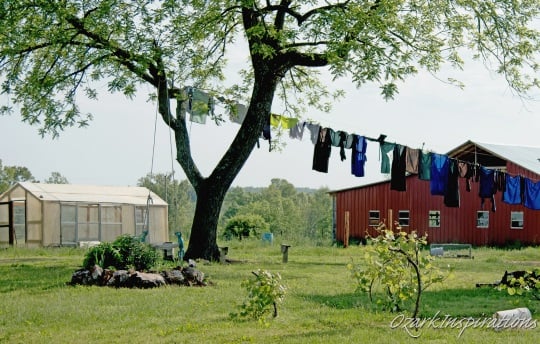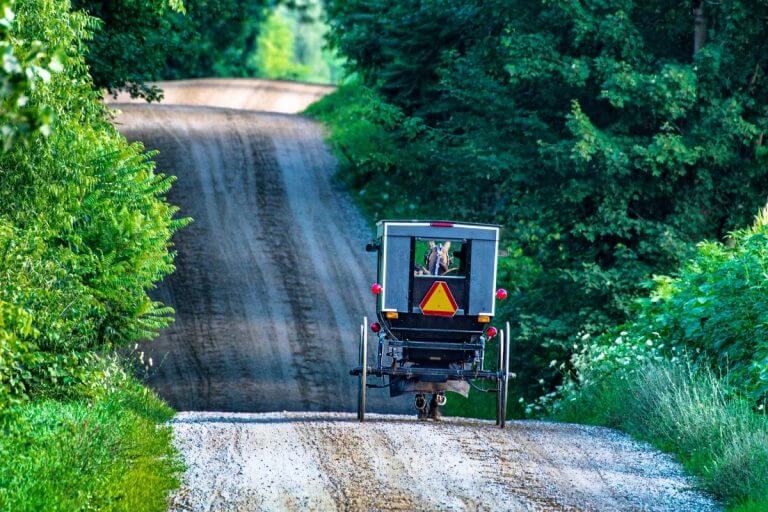Amish moving to Colorado
Migration to previously-unsettled areas has been a story of significance for Amish in recent years. Migration is not a new phenomenon, as Amish have long moved to new areas for reasons of economics, due to church issues, or for other causes. Places that have seen a recent influx of Amish include Missouri, Wisconsin, and New York–all states that have established Amish populations.
Recent years have seen Amish moving westward. It no doubt takes an adventurous spirit, adaptability, and a dose of courage to make a move from settlements in places like Iowa or Indiana where one has the extensive ties and support networks of family and community—places where Amish have lived for 100 or more years—and set up in a completely new area.
One must wonder how one will get on in a place that has never seen the horse-and-buggy. Local conditions may demand flexibility in the occupation one chooses, in relations with “natives” or even in use of technology.
A recent article in the L.A. Times examines Amish migration to the Centennial State. The Colorado Amish settlements have gotten a good bit of media attention recently, and as it happens this is not the first time Amish have settled Colorado. The piece profiles Enos Yoder, originally of the Bloomfield, Iowa Amish community (if I’m not mistaken, I briefly met Enos in 2004), a horse trainer and hay farmer who has set up on 400 acres of land.
Four hundred acres seems a shockingly large amount of land for an Amish farm—a parcel that would make one a millionaire many times over in more-established communities in the East—and no doubt one of the attractions of the area. Enos seems to have come for the view as well as the legroom, explaining that he “couldn’t get the isolated, unspoiled beauty out of his head” after a 2002 visit to deliver horses to a ranch.
Other Amish apparently find a similar attraction to the area, with new families arriving monthly. One wonders what this community–and others in the West–will look like a decade or two down the road. Farming conditions are different from those in the East, and for Amish in such circumstances, small business such as repair shops, woodworking, and dry goods stores, is always a viable option. Read more on Amish furniture in Denver.







I’m surprised that the Amish havenot moved East to the maritime provinces, especially New Brunswick. It was once a farming area, but farms are largely abandoned now. Land is relatively cheap, there’s plenty of water and wood, but the growing season is short. The southern part of the province is quite a bit milder than the northern part, and the eastern edge doesn’t even have the heavy snowfalls of the border area.
Magdalena interesting point, may have to do with growing season as you say, and sheer distance. Though there are Amish in Maine now.
I was shocked at the price of land back east compared to what it is in our area!
where are the Amish communities s in Colorado?
I am very interested in learning about the Amish way of life firsthand. can you direct me to Amish communities in Colorado. thank you so much. Susan
Did you know there are Amish in Mississippi? Plan to visit there soon.
Hi Ann, you are right! Southern + Amish sounds good to me.
Here is a post where there is a mention of it, one of the readers William who lives there shared a bit on that community: https://amishamerica.com/2008/05/southern-amish.html
Michelle, so you know what they’re talking about here!
Hi Erik, I live about an hour from the Amish here in Colorado. I lived near the Wisconsin Amish for years and did business with them, and I’ve been interested to follow the progress of the community here, knowing it’s the second try. A little additional info for you: 400 acres of Colorado land is very different from that of the east or midwest. The land here is poor and sandy. I am surprised the Amish want to tackle it frankly – I hear they use some sort of innovative irrigation techniques including one called tape dripping. Also, the first attempt at settlement was a bit further east. In that part of Colorado, you really get into semi-arid (desert) land, and that would have been worse than where they are now. The current settlements are closer into the mountains, in the foothills. It isn’t quite as dry and hot, although the land is still poor. It is indeed scenic, though, and a living can be made in the horse industry and furniture. I wish them all good fortune, but this is a different world in the agricultural and cultural sense, than that of the states from which they came. Like you, can’t wait to see how they do here.
Colorado Amish farms
Hi Susan and thanks for sharing some local insight. I kind of had the idea that an acre in PA isn’t quite the same thing out in CO, and glad you made the point.
From what I’ve been hearing in the media and from locals, it seems like there are a number of businesses among these communities as well, which may reflect the ag challenges. I also imagine that psychologically, it must be nice to stretch out on 400 acres when you just came from a 3 acre farmette or cramped settlement in the east-it seems like from some of the comments from the Amish, that may be part of the attraction as well.
There is a bit of a history of Amish settlement in CO in the early 1900s, and maybe this is what you are talking about to the east. At least 2 of the 3 early CO settlements failed due at least in part to difficulties with farming. Thanks again for checking in with some good info from CO!
Amish in Alaska
When we attended my daughter’s wedding in Alaska 2 years ago, there was a small group of Amish/Mennonites living in the Solotna/Kenai area. I was reading that possibly they were not able to conceivably build a profitable home there, but am not sure if they are gone with certainty.